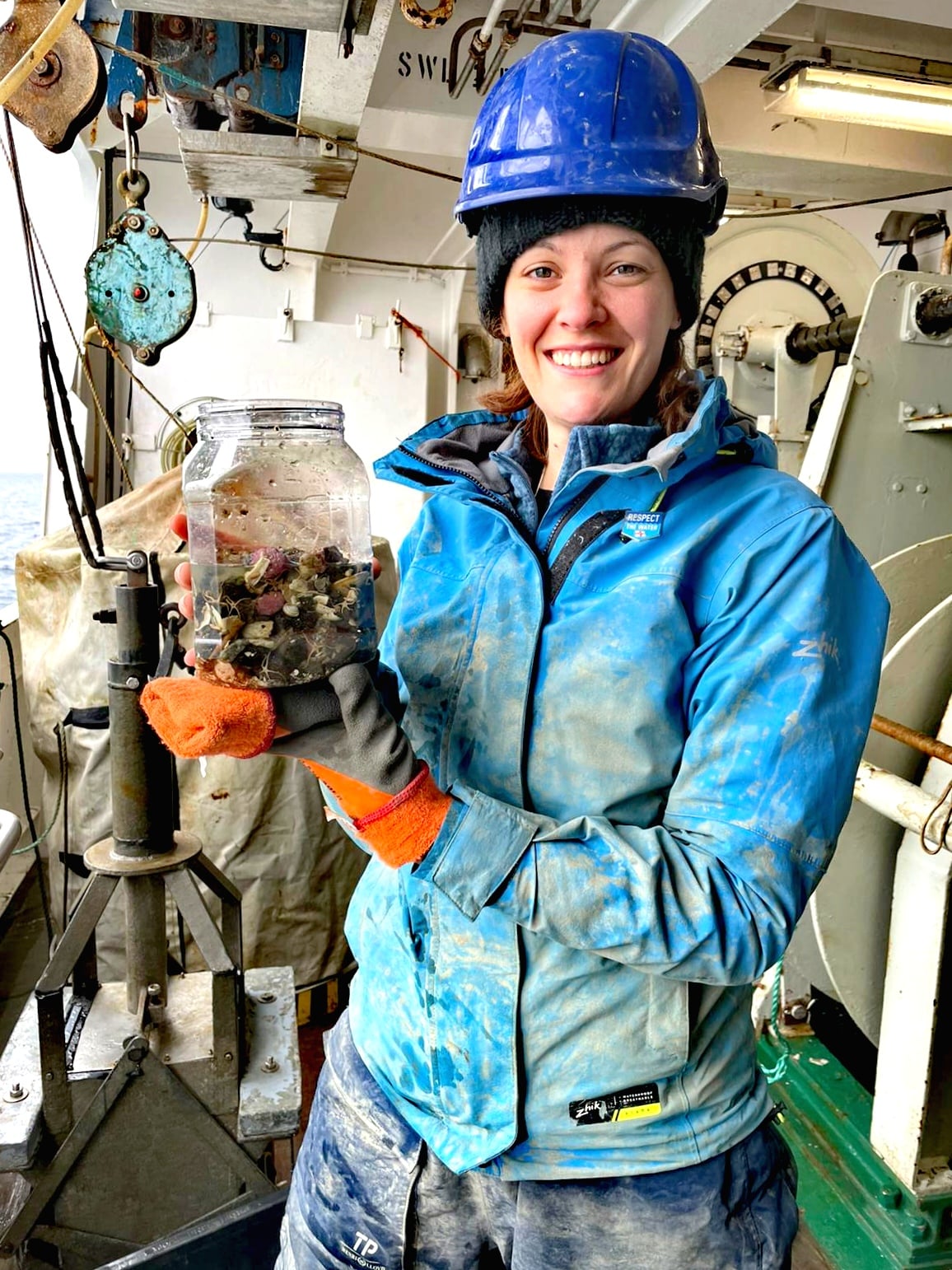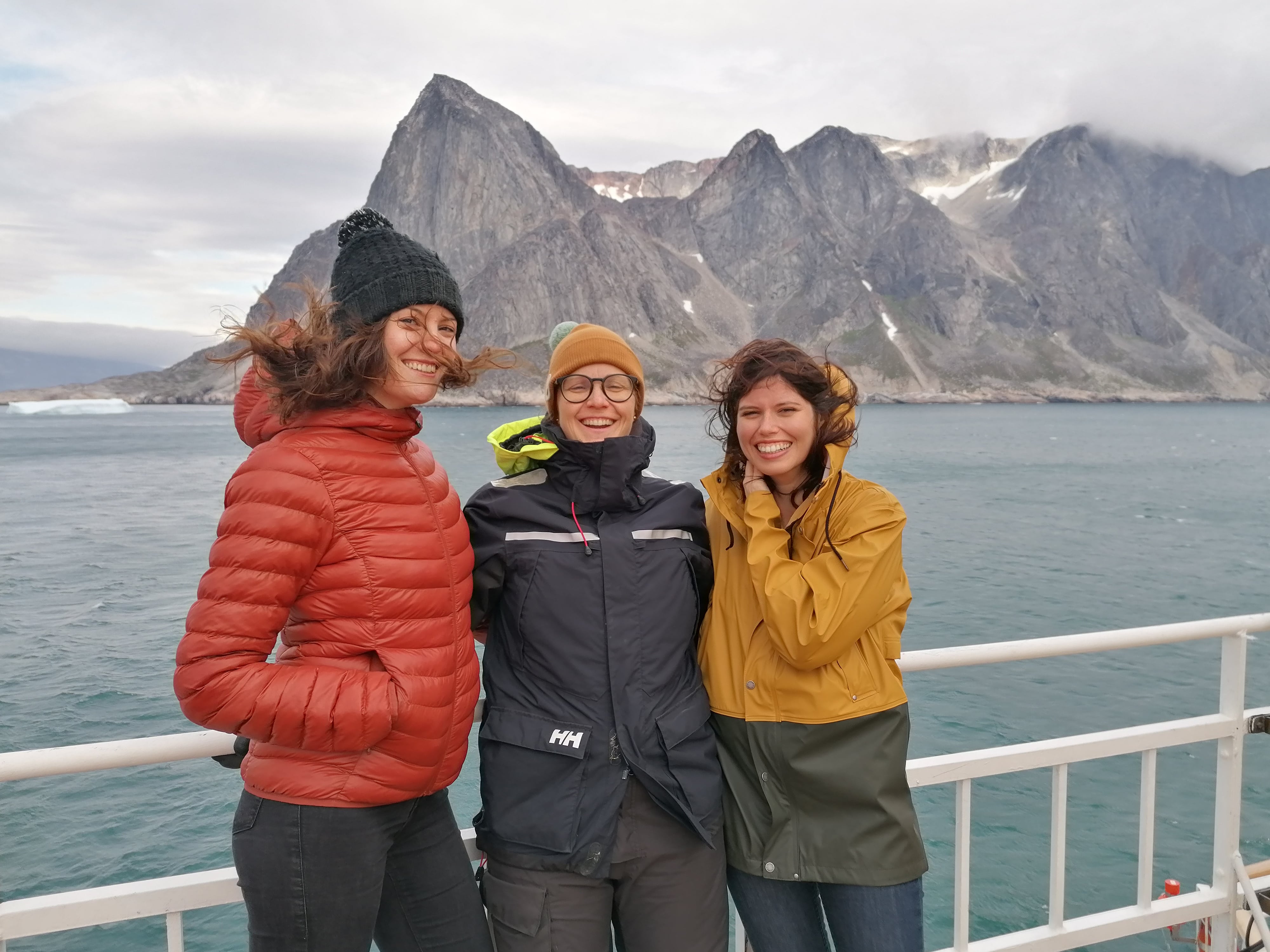Ecotip Woman In Science Profile: Phoebe Armitage
by Sabrina Heerema | Published: 31-Jan-22 | Last updated: 28-Jan-22 | Tags : | category:
In celebration if International Women's Day, we interviewed Phoebe Armitage, a PhD student at Åbo Akademi University in Finland with inspiring perspectives on being a woman in science and how women supporting each other makes a huge difference in the workplace.
What is it like being a woman in Arctic science?
Doing this Ph.D. with ECOTIP has really been my gateway into Arctic science. For the first time in my academic career, my two main supervisors are women, and, for whatever the reason may be, I have found this really empowering. This is also supported by the number of excellent female academics in the ECOTIP project whom I collaborate with and I am inspired by their expertise and professionalism. I also get to see how females in science manage the work-life balance while also having families with young children, and it just shows how it can be done! I appreciate that I have joined a field where there are already many pioneering female scientists whom I can learn from and I hope to be a similar role model for an early career researcher one day too.
How do you think that science is enriched by your perspectives?
When I heard about researching ecological communities through their traits (what they are doing) compared to species-level research (what they are), I thought this was an excellent step into understanding how ecosystems function, their resilience, and their contribution to ecosystem services (i.e., the links between species communities and their functions that eventually help and enrich the lives of human beings; clean water, carbon sequestration, nutrient recycling, etc.). So, I like to research seafloor communities from a holistic perspective, by including and developing trait analyses, to get a better understanding of seafloor ecology and future ecosystem services.
What challenges have you faced as a female scientist?
I’m not sure I can pin-point a particular challenge due to being a female scientist, although I once heard an unexpected (yet very inspirational and strategic) piece of advice from a successful female academic in marine science; that they have rescheduled male-dominated meetings or events that demanded a lot of time and energy if they knew they are due on ‘that time of the month'. Although this might seem a bit crude to talk about publicly, I found this really inspiring. I think talking about strategies that can help overcome female-specific concerns not only produces better science but is also empowering for the woman to feel more confident and in control.

The real work of a benthic ecologist! A photo of Phoebe where she and the Åbo team had finished sieving mud collected from <850m deep off the Greenland coast and happily holding the samples. Photo: Phoebe Armitage
 Phoebe on the left
with the Åbo Akademi team during the ECOTIP Dana Cruise, July 2022. Photo: Phoebe Armitage
Phoebe on the left
with the Åbo Akademi team during the ECOTIP Dana Cruise, July 2022. Photo: Phoebe Armitage
